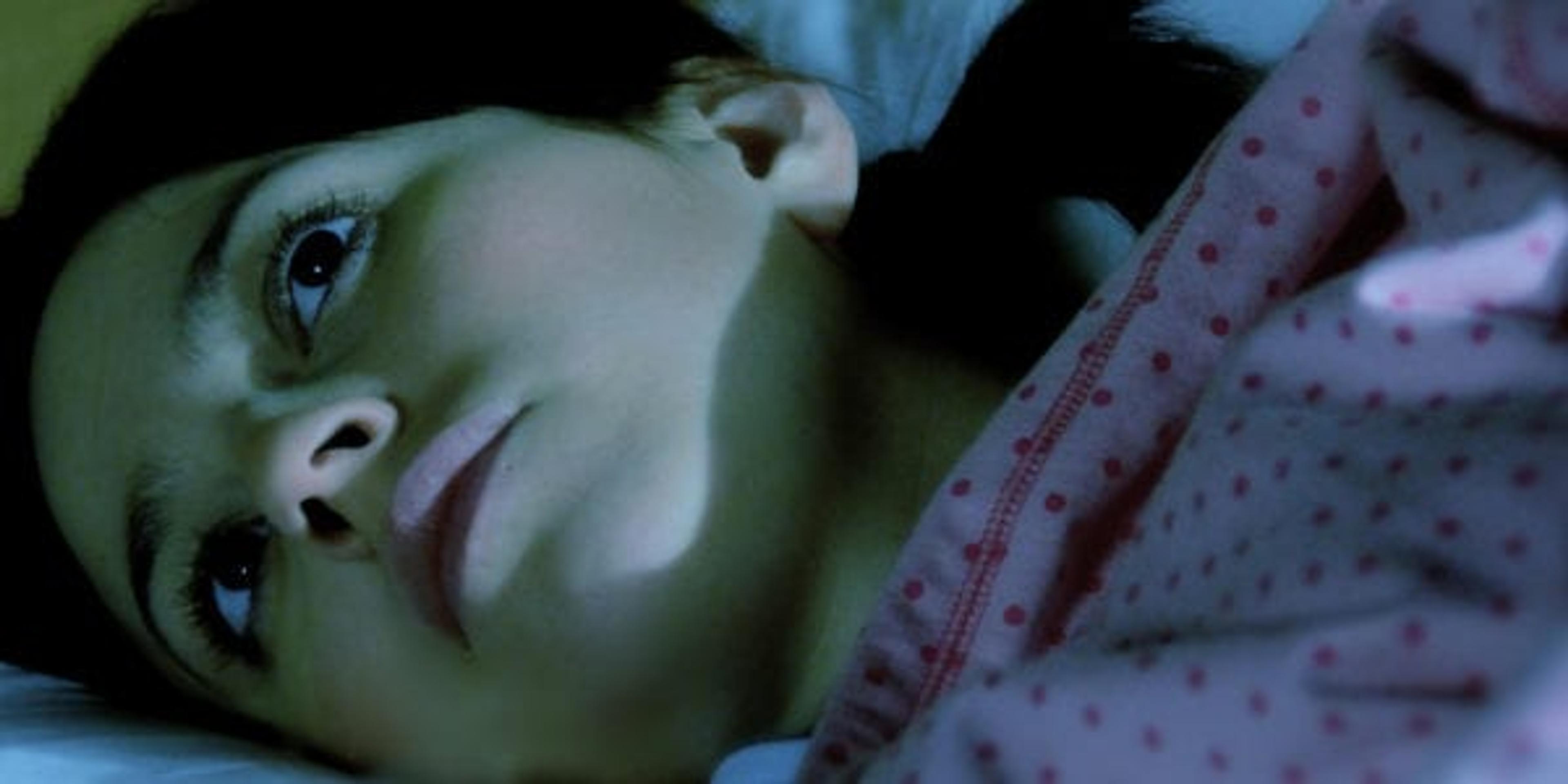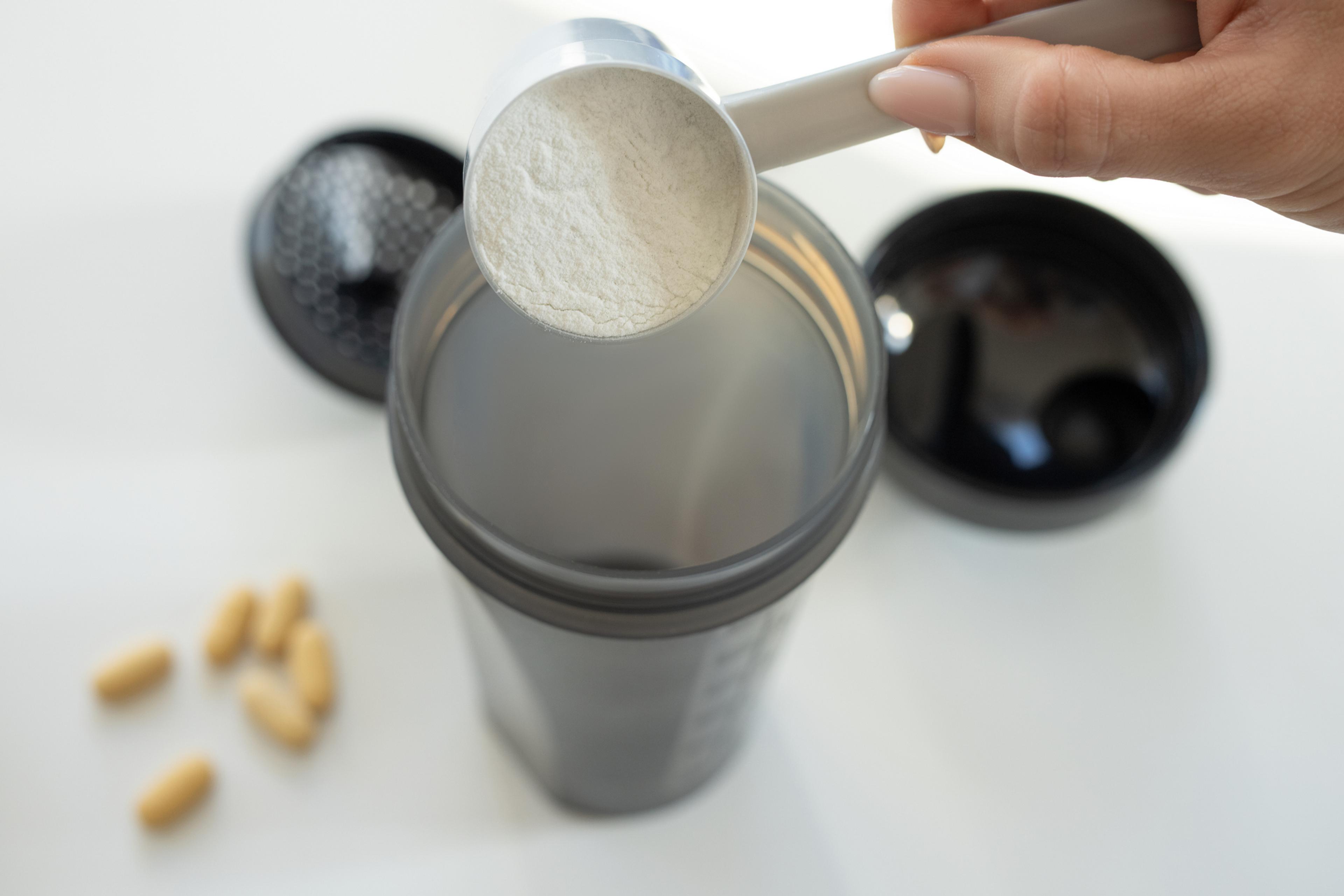Difficulty Sleeping Through the Night? Don’t Brush It Off: It Could Be Sleep Apnea
Lauren King
| 3 min read

Going to sleep at the end of the day should be like taking a deep breath of fresh air; immensely rejuvenating. I know that after a long work day, I’m ready to shut off the lights and get right to bed. For some, though, it seems impossible to attain that perfect night’s sleep. While certain people find it difficult to get to — or stay — asleep (a condition known as insomnia), others get through the entire night without waking up only to find that they are anything but rested in the morning. This is common in people who have sleep apnea, a disorder characterized by the repeated halting of breathing during the sleep cycle.
Although sleep apnea may not sound like the most serious of problems, it yields several startling statistics:
- It’s as common as Type 2 diabetes
- It affects more than 18 million Americans
- It can cause hypertension, cardiovascular disease, memory issues, obesity and headaches
Connection to Depression
It’s scary to think that sleep, something we really don’t have much control over, can bring about such serious consequences. In addition to the health risks listed above, depression has also been linked to sleep apnea. An article on Health.com highlights studies concerning the connection between the two, revealing that men with the disorder are twice as likely as other men to show signs of clinical depression whereas women are five times as likely to do so. These symptoms may include (but are not limited to) feelings of hopelessness, indifference and inability to focus. However, it is important to note that although sleep apnea and depression are certainly linked, it is inconclusive whether or not the former directly causes the latter.
Treatment Options
Although there are serious consequences of leaving sleep apnea untreated, the prognosis for afflicted individuals doesn’t have to be negative. There are several types of treatment that can easily be implemented into daily life without any cost to the individual:
- Avoiding alcohol
- Losing weight (for those who are overweight)
- Sleeping on your side
- Nasal sprays/allergy medicines
- Quitting smoking (for those who smoke)
In the case that these options prove ineffective, there are mouthpieces, breathing devices and surgeries that are potential treatment options. Though these treatment options are more costly, they may be more helpful in reducing the effects of sleep apnea for certain individuals.
If you are someone with sleep apnea and are feeling discouraged by its consequences, don’t lose hope – there are lots of tools out there that can help you manage the disorder and improve your overall health!
Photo credit: Alyssa L. Miller
Editor’s Note: This post originally appeared on A Healthier Michigan in May 2012.





